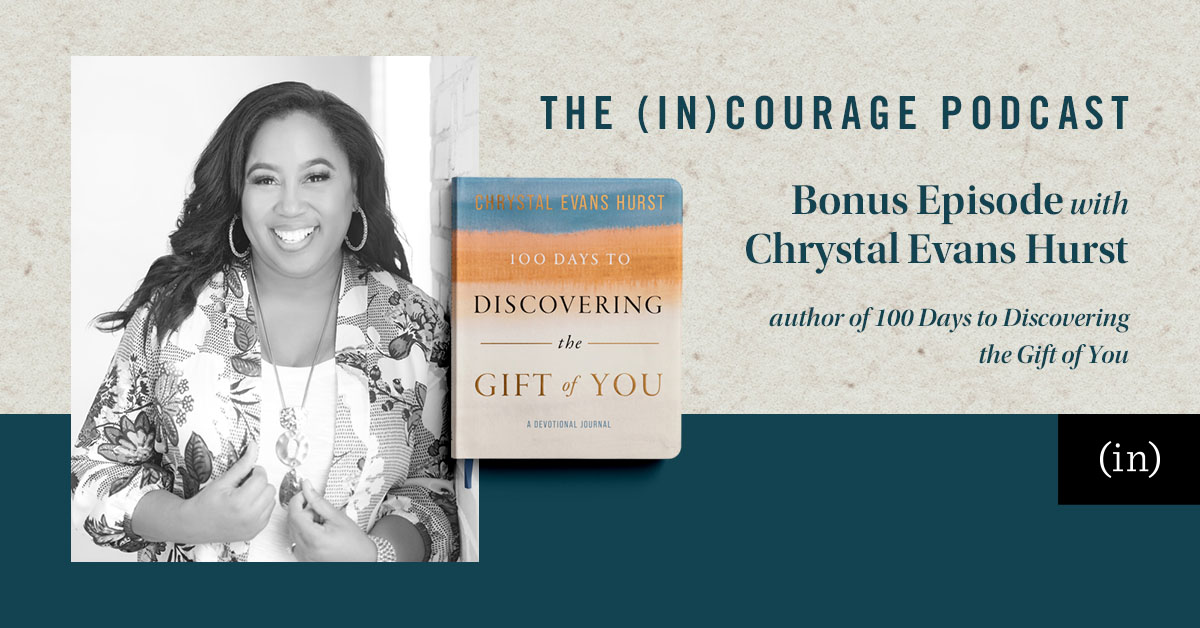When Jesus was walking to heal Jairus’s daughter, something remarkable happened. In the midst of an urgent mission, surrounded by a pressing crowd, He suddenly stopped and asked, “Who touched my clothes?” (Mark 5:30). His disciples were baffled; people were touching Him from every direction. But Jesus remained still, fully present in that moment, aware that someone had reached out to Him in faith. He discovered that it was a woman who had been bleeding for twelve years. And in the middle of Jesus’s rush to heal a little girl, He stopped to heal this woman whose health had been suffering for over a decade.
This story has always fascinated me because it illustrates something profound about presence. Here was Jesus, on His way to perform a miracle, yet He was so present in the moment that He could feel one precious touch among many. He didn’t brush it off or keep moving toward His “more important” destination. Instead, He stopped, noticed, and engaged fully with the woman before Him.
Today, this kind of presence feels nearly impossible. Our minds constantly race between yesterday’s “What did I do?” and tomorrow’s “What do I need to do?” We check our phones during conversations, plan our responses while others are speaking, and often find ourselves physically in one place while our minds are somewhere else completely.
And friend—this is the person I naturally am—a born multitasker giving 27 percent attention to three different tasks all at the same time.
Yet Scripture repeatedly invites us into the sacred. The Psalmist reminds us, “Be still, and know that I am God” (Psalm 46:10 NIV).
Moses encountered God’s presence in the ordinary moment of tending sheep. Martha’s sister, Mary, chose the “better part” by sitting attentively at Jesus’s feet. These weren’t just moments of physical stillness. They were moments of holy attention, being fully present where their feet were planted.
But what does this kind of presence look like today? How do we practice being where our feet are planted when our world seems designed to pull our attention in a thousand different directions?
I believe it starts with recognizing that presence is a practice, not a destination. Just as Jesus walked at what we might call “the speed of love” — taking time to notice, to engage, to be fully present with those around Him, we too can learn to slow down and notice God’s movement in our ordinary moments.
This presence isn’t just about paying attention. It’s about recognizing the sacred in the ordinary moments of our days. Think about Moses’s encounter with God in Exodus 3:5 (NIV). “Take off your sandals, for the place where you are standing is holy ground.” The ground hadn’t changed; Moses’s awareness had changed. And with a God who never changes, I want to be the one who is willing to let my awareness of Him change.
Here are some practical ways to cultivate this kind of presence:
1. Begin your day with “sacred stillness.” Before reaching for your phone or jumping into tasks, pause to acknowledge God’s presence. Most mornings when I wake up, I will take one fresh, deep breath and breathe in God’s presence. Let your first thoughts be directed toward Him rather than your to-do list. Because that to-do list? Won’t stay silent for long …
2. Practice “threshold moments.” Every time you cross a threshold — entering a new room, starting a new task, beginning a conversation — take a breath and silently ask, “Lord, where are You in this moment?” And if you feel like this is a hard practice, do what I did and start with a post-it note on your doorframe to remind you. Eventually, you won’t need the reminder anymore.
3. Choose one daily activity to be your “presence practice.” Maybe it’s washing dishes, driving to work, or preparing meals. During this activity, intentionally notice the details, the sensations, the presence of God in that ordinary moment.
4. Develop what I call “holy attention” in your relationships. When someone is speaking, practice listening without planning what you’re going to say next. Notice their expressions, their emotions, the way God might be moving in their lives. People are so desperate to be heard. You could be the one to make them feel seen today.
This isn’t about maintaining a constant state of mental prayer. Who could do that? It’s about developing an awareness of God’s presence in every moment, in every circumstance.
This practice of presence isn’t about perfection. Each day we have the opportunity to practice connection or disconnection. Yes, I still mindlessly scroll on Instagram when I’m having a hard day, but more often I find myself content with my own company in the presence of God. For someone who has always sought distraction, what a gift being present can be.
If you’re looking for a way to practice God’s presence (while taking care of your future self with some delicious recipes), order Kathi’s new cookbook, Sabbath Soup: Weekly Menus and Rhythms to Make Space for a Day of Rest.


 From the introduction of
From the introduction of 

